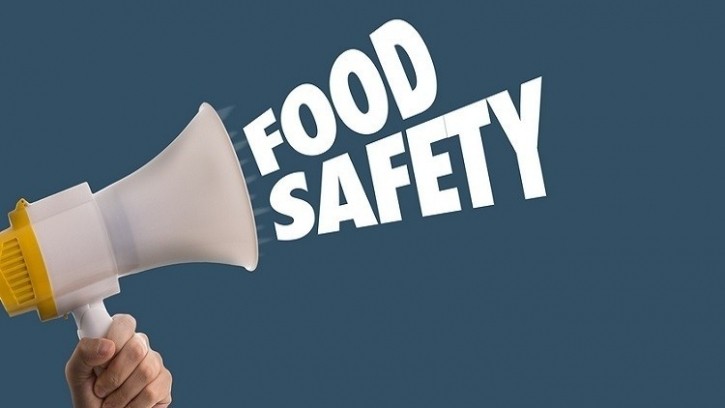Safety First: South Korea's Fukushima-triggered campaign, Australia's alcohol pregnancy labels, India's food safety index and more feature in our round-up

‘Seafood still safe’: South Korea launches national campaign amid impending Fukushima wastewater release
The South Korean government has launched a national campaign to reassure consumers that the national seafood supply will not be impacted by neighbouring Japan’s impending release of wastewater from Fukushima.
Japan received approval from the United Nations’ International Atomic Energy Agency (IAEA) earlier this year to release the treated – though still somewhat radioactive – wastewater from the 2011 Fukushima nuclear disaster into the sea.
An official IAEA report after a two-year safety review concluded that this discharge of the treated water would have a ‘negligible radiological impact on people and the environment’ and ‘consistent with relevant international safety standards’.
Applicable to all: Australia’s new mandatory alcohol pregnancy warning labels enforceable on imported beverages
Australia has started enforcement of mandatory pregnancy warning on all alcoholic beverages, a requirement that will also apply to imports.
Food Standards Australia New Zealand (FSANZ) first announced that Australia was considering the implementation of mandatory pregnancy warning labels for alcoholic beverages back in 2019.
The initial proposal contained the wording ‘Any amount of alcohol can harm your baby’ and was to apply to all alcoholic beverages with 0.5% ABV alcohol content, but this was later altered to ‘Alcohol can cause lifelong harm to your baby’ and alcoholic beverages with 1.15% ABV after much debate and industry backlash.
High ranks, low scores? India State Food Safety Index data reveals lack of compliance even in top performing states
Date from India’s latest State Food Safety Index (SFSI) conducted annually by the Food Safety and Standards Authority India (FSSAI) has revealed that many states still perform poorly across the assessment criteria, even amongst its top scoring states.
FSSAI recently unveiled the fifth edition of its SFSI and highlighted Kerala, Punjab and Tamil Nadu (large states), Goa, Manipur and Sikkim (small states) and Kashmir, Delhi and Chandigarh (Union Territories/UTs) to emerge as the top performers amongst all the 28 states and eight UTs in the country.
Clearer carbohydrate claims: ANZ food safety agency initiates upgrade for voluntary alcoholic beverage labelling standards
Food Standards Australia New Zealand (FSANZ) is considering updating rules around voluntary nutrition claims for carbohydrates and sugar on alcoholic products, opening this to public comment until September.
The existing Australia New Zealand Food Standards Code allows for manufacturers to make carbohydrate content claims on a voluntary basis in both countries, but has faced issues with regard to the content and extent to which such claims can be made.
Japan GM foods: 2022 data highlights ‘continued stability’ of genetically modified crops locally – government study
New Japanese government data has found that local genetically modified (GM) food crops have shown no evidence of posing risk to surrounding biodiversity in the past year, strengthening the argument for these to become a bigger part of the local food supply.
Japan has long faced a dilemma when it comes to GM foods, between addressing the concerns of consumers and local groups regarding potential food safety issues and impacts on local biodiversity; and introducing GM foods on a larger scale in order to address food security issues as the market with the lowest self-sufficiency rates amongst all developed markets globally.











